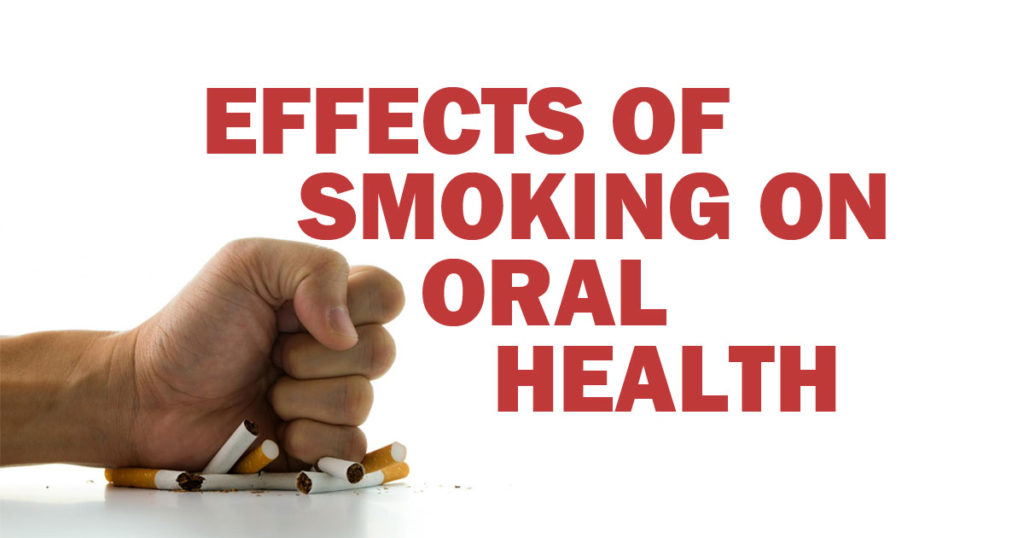7 Smoking Effects And Reasons To Stop Smoking
Most of us are aware that smoking and other tobacco products can lead to issues of the lungs and overall health problems. For this post, we are going to focus on the effect of smoking specifically on our oral health. Our mouths, gums, and teeth are all negatively impacted by tobacco use.

Conquering The Smoking Habit
Most smokers sincerely want to quit. They know cigarettes threaten their health, set a bad example for their children, annoy their acquaintances and cost an inordinate amount of money.
Most smokers sincerely want to quit. They know cigarettes threaten their health, set a bad example for their children, annoy their acquaintances and cost an inordinate amount of money.
Nobody can force a smoker to quit. It's something each person has to decide for himself, and will require a personal commitment by the smoker. What kind of smoker are you? What do you get out of smoking? What does it do for you? It is important to identify what you use smoking for and what kind of satisfaction you feel that you are getting from smoking.
Many smokers use the cigarette as a kind of crutch in moments of stress or discomfort, and on occasion it may work; the cigarette is sometimes used as a tranquilizer. But the heavy smoker, the person who tries to handle severe personal problems by smoking heavily all day long, is apt to discover that cigarettes do not help him deal with his problems effectively.
When it comes to quitting, this kind of smoker may find it easy to stop when everything is going well, but may be tempted to start again in a time of crisis. Physical exertion, eating, drinking, or social activity in moderation may serve as useful substitutes for cigarettes, even in times of tension. The choice of a substitute depends on what will achieve the same effects without having any appreciable risk.
Once a smoker understands his own smoking behavior, he will be able to cope more successfully and select the best quitting approaches for himself and the type of life-style he leads.
Because smoking is a form of addiction, 80 percent of smoker who quit usually experience some withdrawal symptoms. These may include headache, light-headedness, nausea, diarrhea, and chest pains. Psychological symptoms, such as anxiety, short-term depression, and inability to concentrate, may also appear. The main psychological symptom is increased irritability. People become so irritable, in fact, that they say they feel "like killing somebody." Yet there is no evidence that quitting smoking leads to physical violence.
Here Are Common Oral Health Issues Associated with Smoking
1. Tooth Discoloration
Often the most visible sign of a smoker is yellowing or discolored teeth. In a very quick time, the nicotine and tar can be absorbed by your teeth and take them from white to yellow to brown. Nicotine itself is colorless but when combined with oxygen, it turns yellow. For smokeless tobacco, the tobacco mixes with the saliva and a dark brown liquid is created. This liquid often rests against the teeth for an extended period of time and is extremely staining to the enamel.
2. Bad Breath
When you inhale a cigarette, smoke particles are left behind in the throat, lungs, and mouth. This can stay in a smoker’s mouth for quite some time, leading to the stinky “stale smoker’s breath”. Smoking and tobacco use can also decrease saliva flow. Dry mouth or xerostomia can lead to a proliferation of bacteria that cause chronic bad breath.
3. Gum Disease
When using tobacco, plaque tends to accumulate near the gum line rapidly. This affects the attachment of the bone and gums to your teeth. Research shows that specifically smoking interferes with gum tissue cells. The body’s immune system is weakened and therefore makes it harder to fight off oral infections.
4. A few statistics from the CDC:
Smokers are four times more likely to develop advanced gum disease than nonsmokers
The more cigarettes smoked and the longer you smoke, the greater risk for gum disease
5. Decreased Success Rate of Dental Implants
Advanced periodontal disease can lead to bone deterioration. When this happens tooth loss or loose teeth can occur. A cosmetic procedure, such as dental implants, rely on having healthy, adequate bone in place to support the teeth. Since the immune system is also compromised, the healing rates tend to take longer in smokers than nonsmokers.
6. Increased Chances of Developing Oral Cancer
80% – 90% of all diagnosed oral cancers are attributed to tobacco use. Smokeless tobacco contains around 28 chemicals that have been directly linked to an increased risk of oral, throat and esophageal cancers. For oral cancer screenings in Medford please contact Main Street Family Dentistry.
7. Quitting Smoking
The best prevention tip from the above common dental issues is to quit smoking. Studies have shown that after 11 years of quitting smoking, a person can achieve good health and prevent gum diseases as if they hadn’t smoked at all. For any cases that one cannot fully quit smoking, reducing the intake could also significantly help as well. If you’re ready to quit and looking for guidance, the CDC has “Tips From Former Smokers” and our dental office can provide advice as well. To learn more about gum health and dental health risks, contact your local Medford Dentist, Main Street Family Dentistry.
If you found this tip useful, don't forget to share with your friends and family with the share button on the top right of this page.
For more health advice and help, kindly sign up for our News letter programme.
For more health advice and help, kindly sign up for our News letter programme.
Comments
Post a Comment